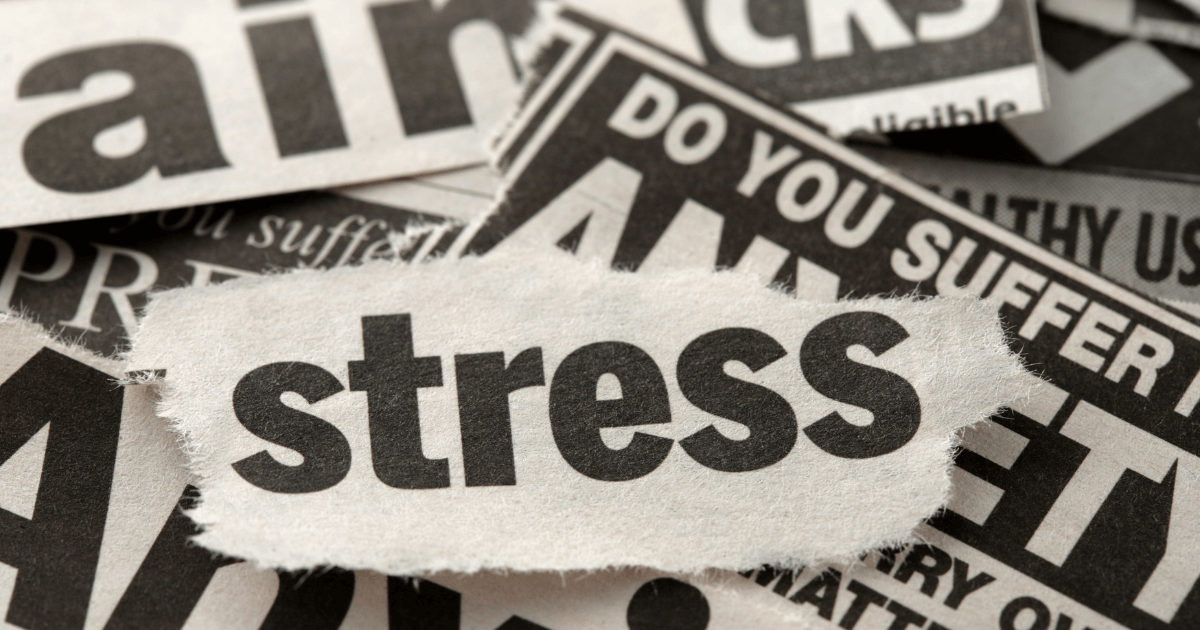Stress + Lack of Sleep is Affecting Healthcare Workers’ Mental Health

Inarguably, one of the most stressful jobs is being a healthcare worker. We may have a better understanding of COVID-19 now, but the stress—and, in turn, lack of sleep—that healthcare workers are facing hasn’t slowed down much since 2020. It is common for these workers to put the health and safety of others before their own, often to the point of self-neglect. With long hours and intensely stressful environments, it’s not just their sleep that they are risking. It’s also their own mental and physical health.
A recent article in The Conversation featured an occupational health researcher’s perspective on work, sleep, and health within the healthcare worker field. According to the author, Beth Daley, my research has found that emotional labor, such as using fake smiles to hide true feelings—and work-family conflict—such as clashing demands between roles at work and at home, are both linked to depressive symptoms among health care workers. And poor sleep quality can amplify the effects of these stressors, resulting in worse mental health.
Healthcare work is often a combination of shift work and long hours. If you’re often awake during the night due to your schedule, being forced to sleep during the day can affect your biological clock. Your circadian rhythm “tells” you to sleep when it’s night and be awake during the day. When that isn’t possible, that can cause sleepiness, which—regardless of how many hours you’ve slept—can affect performance.
Stressful Work Environments
Naturally, the environment a healthcare worker inhabits is going to be more stressful than most other spaces. There is potential exposure to diseases and chemicals. There is also time constraints and, particularly in ER rooms or during the peak of COVID, episodes of abuse and bullying by patients. Healthcare workers must learn how to manage their feelings during these times, but it often does not come easily. Many in the healthcare field have found they must oppress their emotions to be effective.
Daley studied over 1,000 U.S. healthcare workers and found that over half masked their feelings “without addressing them.” This led to more emotional labor and, ultimately, higher rates of depression. A U.S. National Health Interview Survey (NHIS) found that 36 percent of healthcare workers slept an average of less than seven hours per day. Most adults require at least eight hours per night and do not need “just” seven hours until their elder years.
Sleep and Health
Sleep deprivation was more prevalent among healthcare workers according to Daley’s analysis. It affected 45 percent of those surveyed in the NHIS survey. However, her own team found an even higher rate with over 50 percent of healthcare workers self-reporting that they got seven or fewer hours of sleep per day. Around 33 percent also reported sleep disturbances. Plus, 25 percent reported depressive symptoms, which is three times higher than the general population.
Also: 5 Signs You Have Broken Sleep—And How to Fix It Naturally
This is, unfortunately, unsurprising since sleep is so important to mental health.
“It is well known that stress can interfere with sleep quality,” says Daley. “Our study found that disturbed sleep intensified the effect of work stressors… these work stressors may both directly affect health workers’ mental health and indirectly affect mental health by harming sleep.”
Getting Better Sleep
Daley recommends “nondrug-based” solutions for better sleep, including cognitive behavioral therapy, sleep hygiene education, and napping. Another possible solution is Sip2Sleep®, an all-organic, drinkable concoction of tart cherry extract and Venetron® (both derived from plants). It may be the perfect addition to an improved bedtime routine that boasts anti-inflammatory and stress-reducing properties.
Currently, Daley’s team is testing how effective an afternoon-evening sleep schedule is for healthcare workers on the night shift. However, it’s important to bear in mind that a healthy work environment is also critical for better sleep. All work stressors contribute to poor sleep, so evidence-based programs that support these workers are also paramount. Daley hopes for workplaces to provide sleep hygiene education in the future. “Moreover, many sleep promotion programs need the workplace to get involved,” she says. Nap rooms, light exposure, and allowing workers to be involved in making some decisions are all steps in the right direction.
Also: Can't Sleep? Discover Why Sip2Sleep® Works Better Than Melatonin
Until then, if stress is getting in the way of your quality sleep, consider a natural option like Sip2Sleep®. Order your bottle today.







